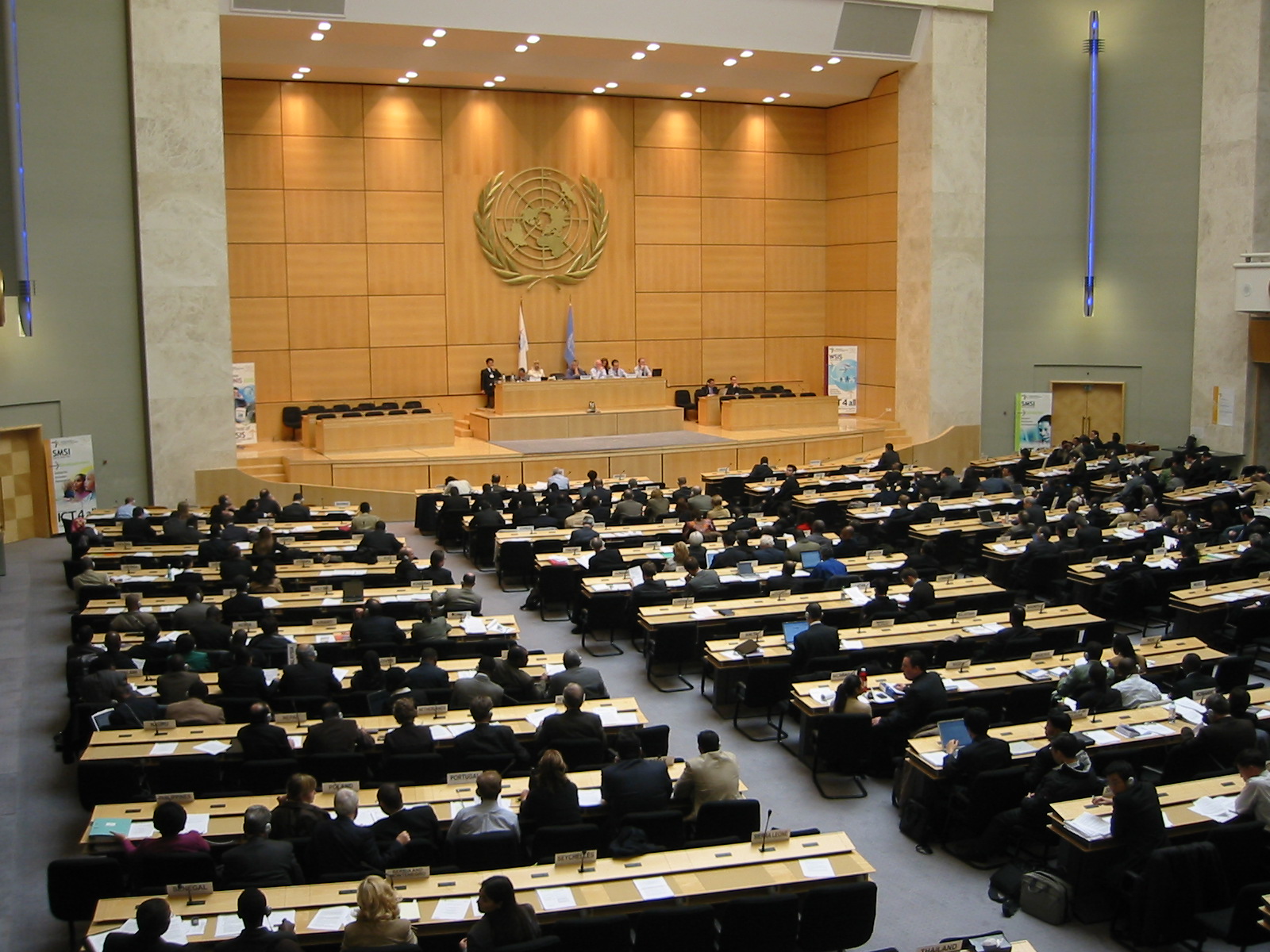ISHR’s report Ending Reprisals: The role of national laws and policies in protecting those who cooperate with the United Nations puts forward arguments for a legislative response by individual States by which the right of unhindered access to and communication with international bodies is clearly protected in national law.
A 2012 panel discussion of the Human Rights Council recommended, amongst other things, that a study be carried out on good practices in addressing reprisals, including through national legislation. The examination in this report of the extent to which States have tried to address this issue in emerging national laws and policies on human rights defenders, and the conclusions and recommendations drawn from their consideration, (Section VI) are presented as a contribution to that aim.
Download the report here.



